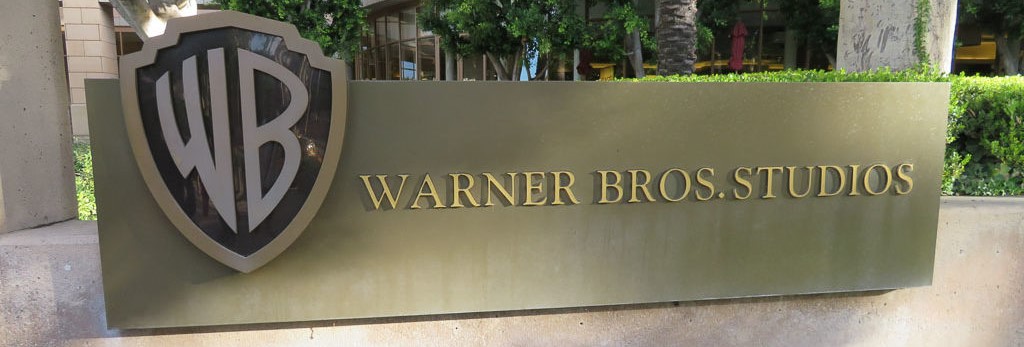What Happens When Warner Shuts The Window?

Warner Bros.’ striking decision to launch the films on its 2021 film slate simultaneously on HBO Max and in U.S. cinemas is drawing a range of reactions from theater owners and rival executives, and the licensing community is taking a wait-and-see stance about how this will play out for its business.
Some licensees believe the no-window plan will give the films broader exposure at launch than they’d typically get via a theater-only release. Others are wary of how Warner may adjust its marketing plans for the dual launch, and whether the promotional crescendo will be replicated or surpassed with this new hybrid model. Several with whom we spoke brought up the subject of whether minimum guarantees should be reduced to acknowledge the greater financial risk.
Forgiveness
“The problem is [studios] are big machines and they all have these numbers they have to hit that it is hard for them to forgive money that is on the books,” says one longtime entertainment licensing executive. “But we are in unprecedented times and they are probably forgiving money in other places within the company as well. The rules no longer apply. Everyone has to take this leap of faith and if it doesn’t work, revisit it.”
Adds Dean Allen, Chief Merchandising Officer at Mad Engine, “We are going to need less risk seeing that this is uncharted territory.”
Creating schedule certainty
The obvious reason for Warner’s move is the uncertainty overhanging all film release plans for the foreseeable future, as the effects of the global pandemic persist even as positive news about vaccines comes to the fore. There are no guarantees that any theatrical release plans can be met, so the Warner move at least gives a sense of certainty that its films will be displayed on a predictable schedule.
Warner’s announcement is only the latest development in the long-running battle between theater owners and studios over the shrinking window between cinema release and direct-to-home distribution. It’s only been exacerbated by the pandemic.
To be sure, Warner says it initially plans its new strategy only in 2021, given the lack of clarity about theatrical distribution. Its lineup includes several films with licensing programs: Dune (Oct. 1), Space Jam: A New Legacy (July 16), The Matrix 4 (Dec. 22) and Suicide Squad 2 (Aug. 6), among others. And it will battle-test the strategy with the much-delayed Wonder Woman 1984, which will be released on HBO Max and in theaters this coming Christmas Day. Warner’s announcement about the 2021 film slate also potentially is a subscriber boon for HBO Max, which has 12.7 million subscribers.
“Once things have the opportunity to get back on a normal track, it will be interesting to see if the studios revert back to a traditional marketing and release cadence, or if Covid acted as a catalyst for what felt like an imminent shift in viewing habits and preferences,” said Russell Binder, President of Striker Entertainment. “All that said, properties like The Matrix 4, Space Jam, Kong vs. Godzilla, Suicide Squad, and Tom and Jerry should have a motivated fanbase who are going to want products, and nimble licensees with the ability to find fans directly via DTC in concert with traditional retail should be able to capitalize on demand.”
One of those licensees strikes ac similarly optimistic note. “I don’t care where people are watching the movie…on TV, in a movie theater, in a restaurant or on their phones; it doesn’t matter because it gets them excited about the property,” says NECA Chairman and Founder Joel Weinshanker, predicting that Warner Bros. likely will spend more promoting both HBO Max and the theatrical release.
“A movie benefits by being shown to as wide of an audience as possible and people will eventually again be dying to go to the movie theater,” he adds. “But if you can get an extra five, 10 or 20 million people watching it on HBO Max that couldn’t go to the movie theater, you are going to sell more consumer products, not less.”
But issues may arise if streaming becomes the only platform. Basic Fun CEO Jay Foreman, whose firm was a licensee for Universal’s Trolls World Tour that started the direct-to-VOD trend in April, argues that a film release “on a small screen, makes a small impression” and that he’s “struggling to find an on-demand or streamed movie that became a blockbuster and was overly merchandisable. I can see that for a streaming or cable series, but not movies.”
But the question for the moment is whether others will follow Warner’s lead. “Studios tend to run in packs, so I would imagine we are going to hear about similar strategies for traditional film distributors who specifically have a streaming platform to populate with subscribers in 2021,” says Striker’s Binder.
“That said, as long as there is an audience that desires to ‘go to the movies’ (which is a global pastime and something that I think will look fairly similar to pre-pandemic times), there will be licensed programs reflective of those times. That said, I think studios and rights holders will be more deliberate in which projects they believe are a franchise moment, and which ones might be best served with a more hybrid distribution approach.”




